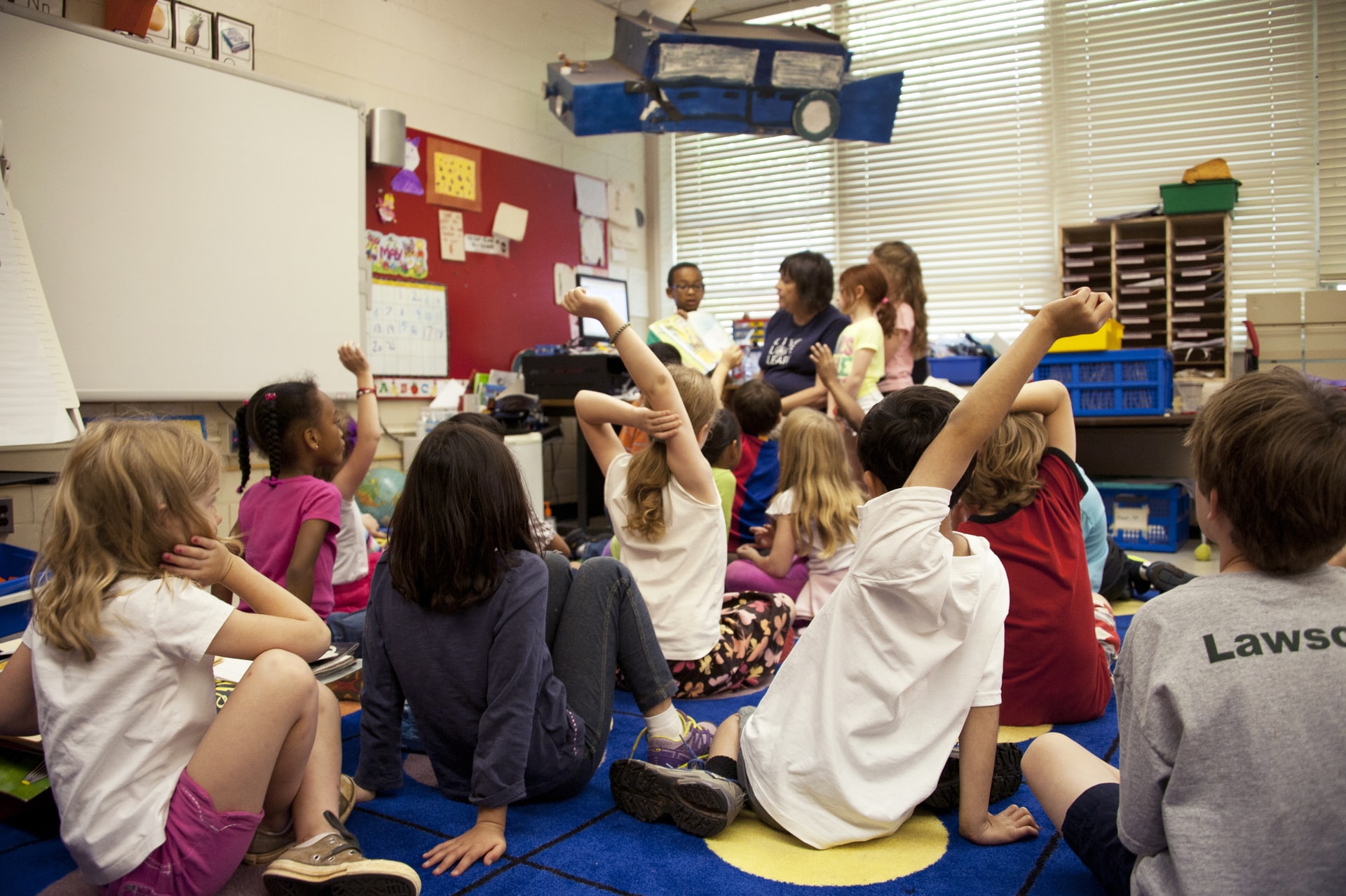With the recent uptick in COVID-19 cases not only in Beijing, but in neighboring Hebei Province, and tighter restrictions concerning the movement of Beijing residents, there is a note of fear passing through Beijing’s parents that schools could potentially be shut down again as a safety precaution, as they did early last year. With such fear and uncertainty in mind, parents and students might be considering how to strategize how to make the best of the rest of the school year. Making education-related New Year’s resolutions could be the key to success for most students. But as Kindall Tyson, M.Ed. LPC, NCC; Licensed Professional Counselor, working as a Senior School Social-Emotional Counselor at Dulwich College Beijing (DCB), explained, it is not quite as cut and dry as blindly setting goals.
So what does it truly take to make winning education-related New Year’s resolutions? And do parents and students even need to make them? Beijingkids spoke to Alessia Chizzoniti, Beijing mom of three to give a parent’s perspective on setting these all-important education-related New Year’s resolutions. For those who know Chizzoniti, she is not one to hold back, so brace yourselves for the unvarnished truth.

Beijingkids: How important is it to set new year’s resolutions?
Alessia Chizzoniti: Absolutely overrated!
BJK: What are the psychological effects and benefits of setting New Year’s resolutions?
AC: Some people need to have a clear target in order to achieve their goals, while others will only accumulate stress. It is only up to you. I personally believe that the end of a year, in general, is a very delicate time of the year; cold, vacations, family time, social pressure, etc. Not the perfect time for the clarity we need when setting resolutions. Also, what if something unexpected comes up along the way – which is not considered in the original plan?
BJK: What are some negative or toxic education-related New Year’s resolutions that both parents and students set?
AC: Improve in this, get better grades is that… Nope. This is not how life works. This is not how we can help our children “improve”. Parents (and educators, I have to say) tend to focus on the performance, on the result. Not on the path.

BJK: How can setting such resolutions affect a student’s mentality and overall educational performance?
AC: If a plant is dying (and this is very common in my house), I move the plant, I question the environment (too much light? Not enough water? The cat is chewing on the leaves?), I bing “how to take care of a lemon tree”. If a child is not “performing”, we stress the child out, we put the blame on him/her but we almost never question the environment, the path, the emotional component. Fewer resolutions, more observation. Education should guide both students and their families, should foster the innate love of learning, should encourage children to discover their talent. It can be reduced to a number.
BJK: What are some useful ways to set attainable education-related New Year’s resolutions?
AC: Talk to your child. Ask your child if there is anything she/he did not enjoy or anything she/he is not feeling comfortable with. Ask your child what would she/he do in order to feel more confident. Set a sort of deadline (this may vary depending on your child’s age) and check on it and with her/him on a regular basis.
BJK: What are some words, phrases, or language that you would advise parents and students to refrain from using when it comes to setting or assessing these goals?
AC: Grade; performance; good job; poor job; better/worse than; lazy; smart… Basically, anything that enhances the sense of performance and competition and any sort of label. Give your child constructive comments, instead.

BJK: What are some tips to help students and parents to set attainable and helpful education-based New Year’s resolutions?
AC: Just connect and talk. Students need to connect to their inner self, understand where they are headed, and do not be afraid to ask for support. Parents should observe more, listen more. I would dare to say, research less. No Bing can help you better than a healthy talk with your child. Children of any age, as young as 6 months (and younger!) can make their feelings very clear to their parents. Connect, talk, and find a viable way to achieve healthy goals.
BJK: Any words of encouragement for Beijing families?
AC: “Success is liking yourself, liking what you do, and liking how you do it” – Maya Angelou.
Photos: Courtesy of Alessia Chizzoniti, Unsplash




